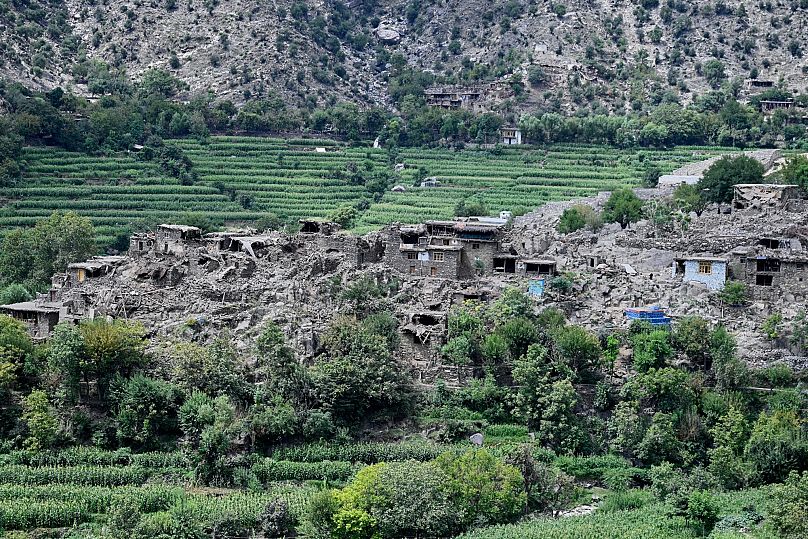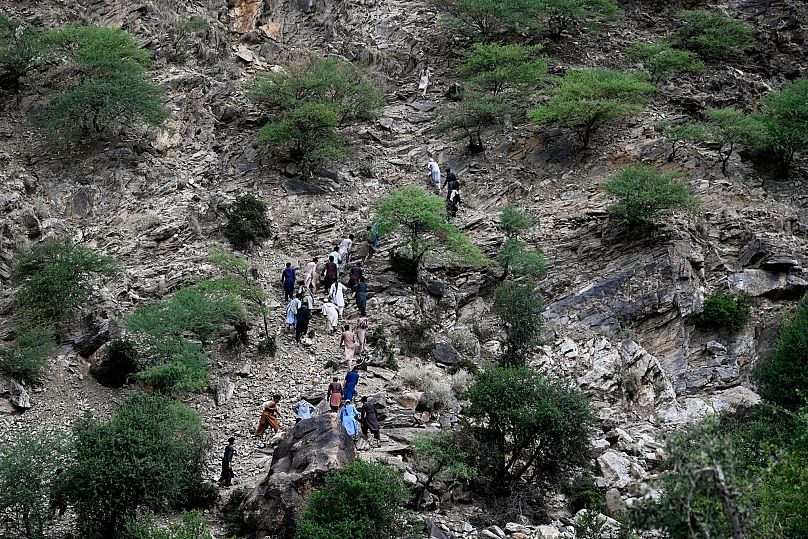Aid agencies in the worst affected areas of Afghanistan after a 6.0 magnitude earthquake struck on Sunday have called on the international community to increase funding.
Only a handful of countries have committed money to help aid efforts after the disaster, which left 2,205 people dead, thousands injured and several villages buried under the rubble in the country's east.
The European Union has donated €1 million in humanitarian funding and 130 tonnes of in-kind assistance to address the needs of those impacted. The United Kingdom has also given £1 million to help.
The aid will be given to organisations working on the ground and not to the Taliban government, which most Western countries do not recognise.
Many traditional donor countries have yet to come forward with financial assistance including the US which was once the largest humanitarian funder to Afghanistan until it gutted support earlier this year.

Taliban authorities have appealed for international help from NGOs despite restricting their work and claims they have used force to divert international aid for their own purposes.
International funding to Afghanistan has fallen dramatically since the Taliban took over in 2021, with just 28% of the humanitarian funding target met this year.
The quake is the latest disaster to beset the country, which is suffering a severe economic crisis and is globally isolated following years of aid cuts.
Aid agencies have warned that Afghanistan's position has meant local rescue efforts are stretched thin.
Norwegian Refugee Council Country Director Jacopo Caridi warns that local resources are "stretched to the breaking point and the lack of funding is limiting the scale and speed of the humanitarian response."

"The earthquake is not a stand-alone disaster. It hit communities that were already struggling with displacement, food insecurity, drought and the return of hundreds of thousands of Afghan refugees from neighbouring countries," Caridi said in a statement.
Rescue teams are struggling to reach the hardest-hit region of Kunar, with access hampered by rockfalls and landslides.
On Tuesday, UN Spokesperson Stéphane Dujarric said needs "remain immense."
"We call on all those who are able to provide support for the earthquake response to do so," he added.







